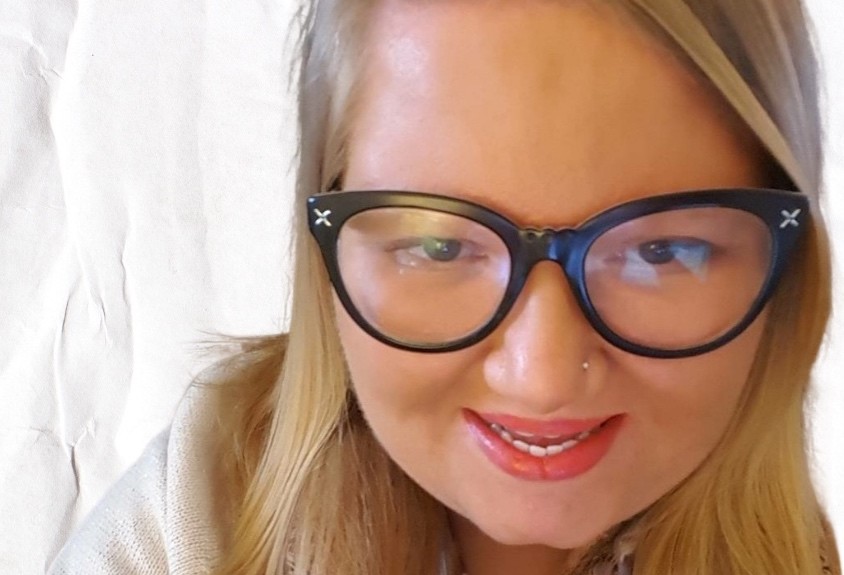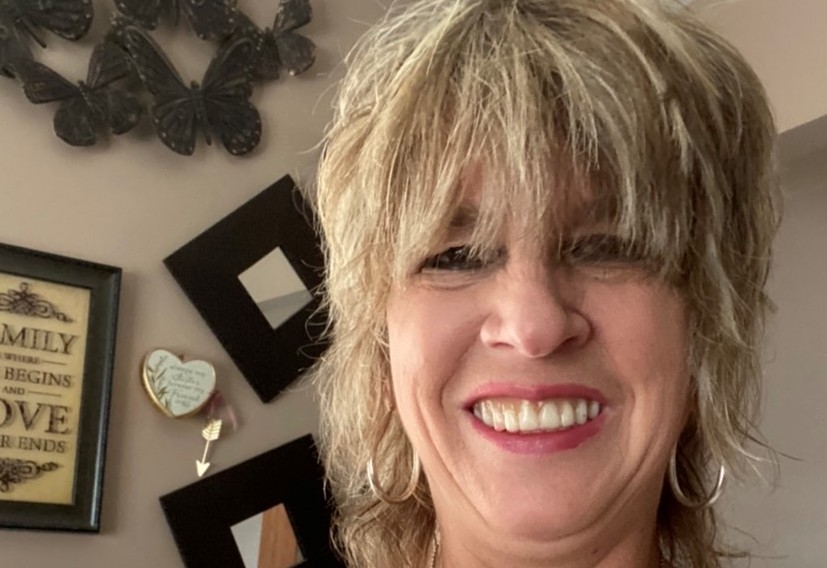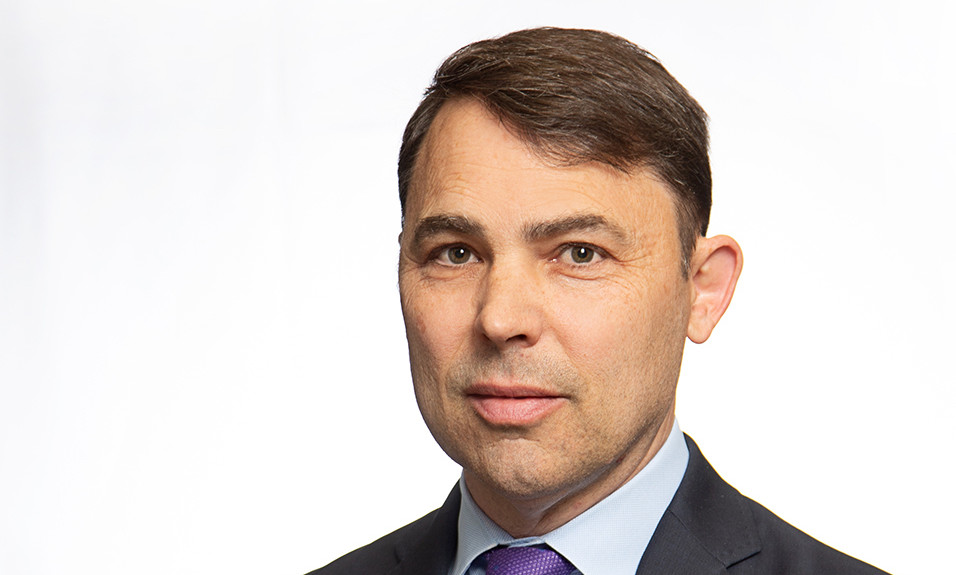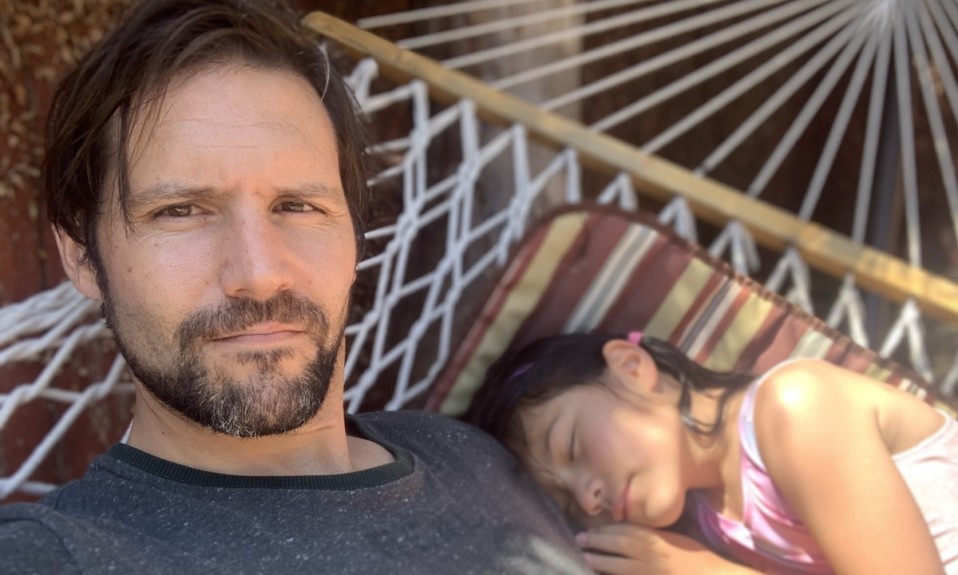Now that she is on the other side of her co-occurring disorders—including an eating disorder—Threasa is in a position to help others
By Threasa “Tee Kaa” Kluever, MSW (she/her/hers)
Throughout high school and my undergraduate and graduate school years, I struggled with an eating disorder, substance use and other mental health concerns while enduring complex trauma. I lived for school. It was my safe place, a haven where I knew the rules and what was expected of me. More importantly, it was where I knew how to make people happy—follow the rules, do my work, shine and excel.
I graduated with my master’s in social work on a Sunday, and I was in the hospital the following Tuesday. I lost all hope—I lost myself. I didn’t know who I was, what to do or how to keep myself safe after no longer having school. I was in and out of the hospital for two and a half months before my treatment team decided that residential treatment was the level of care I could benefit from.
I entered the doors of Timberline Knolls (TK), a treatment center for women with co-occurring disorders, in July 2015. I was suicidal, self-harming, dissociating and wrestling with my eating disorder, substance use and the aftermath of complex trauma.
To my surprise, my stay at TK’s residential and partial hospitalization program (PHP) made the difference I needed in my mental health stability. I was able to gain a regular eating schedule and plan, gain abstinence from substances I was using regularly, and feel a sense of safety and community I had never felt before. I made friends, and learned to share myself and ask for support from other people.
Substance use recovery can easily be measured by whether you use or don’t use. Eating disorder recovery is trickier.
After leaving treatment, I remained abstinent from substances. I joined a fellowship that introduced me to a local community of people who were learning to live without substances, and I kept in touch with several of the women I met at TK. The thing is, substance use recovery can easily be measured by whether you use or don’t use. Eating disorder recovery is trickier. You have to eat, and depending on a lot of factors, eating can look different every day or even every meal. I tried to apply the measures and skills I learned about the abstinent-based approached to my eating disorder, and it just didn’t work.
I gave up, and gave back into my eating disorder. Not long after that, I was in the hospital due to medical complications and found myself with the decision to return to TK. I went back to TK with a better knowledge of what wouldn’t work. This time at TK, I talked (a lot), asked questions (a lot) and did the hard work.
During my first stay in treatment, I had been very shy and apprehensive to change because my hope was so derailed and I didn’t believe there was a solution to my pain. The second time I came to TK, I knew there was a solution—I just didn’t know what it was. I was no longer in survival mode trying to cling to anything. Rather, I was on an adventure to find the thing that could help, and I found it! I was introduced to Eating Disorders Anonymous (EDA), a 12-step fellowship for those who have eating disorders or disordered eating that focuses on balance and not abstinence.
Staying in recovery has been hard work that ebbs and flows. Sometimes I need more sessions than usual a week with my therapist. … But other times I go the week without therapy, or take time between appointments to be with my other treatment members.
I left TK the second time with all the ammunition I needed to recover. I attended EDA meetings, stayed in touch with my peers, asked and received support, and saw my treatment team (a therapist, dietician and psychiatrist).
Staying in recovery has been hard work that ebbs and flows. Sometimes I need more sessions than usual a week with my therapist. Sometimes I pick up an extra meeting. And sometimes I make those extra calls or send out SOS texts. But other times I go the week without therapy, or take time between appointments to be with my other treatment members. Sometimes I go the day, week or even month recognizing that I’m living to stay in recovery, because a life in recovery is simply the life I have created and want for myself.
My favorite part of recovery—the part that gets me jazzed the most to stay in recovery—has been finding the words of my story and owning them in order to share my truth with other people. Recovery has been about the rewards of surviving. I am a survivor of an eating disorder, substance use, self-harm, suicide and other mental health concerns. And because I survived, I am able to be here today to share that others can, too.
Threasa “Tee Kaa” Kluever is alumnae coordinator at Timberline Knolls.













